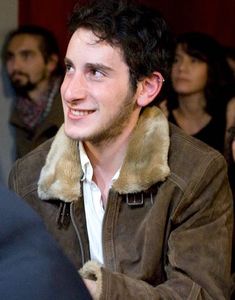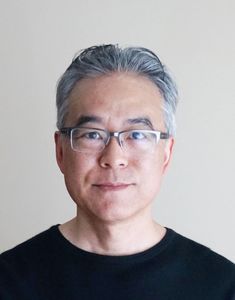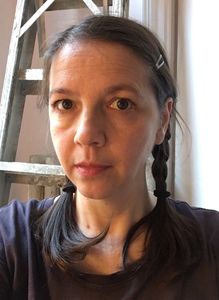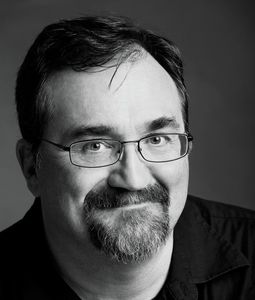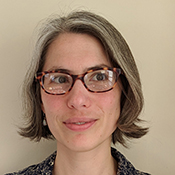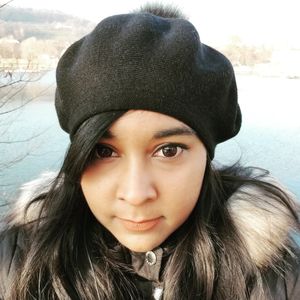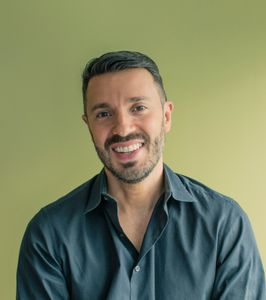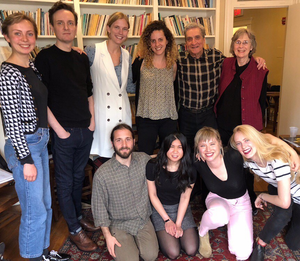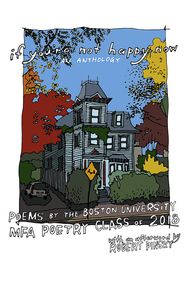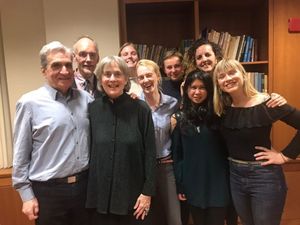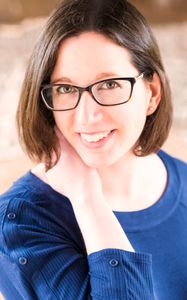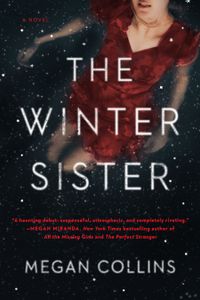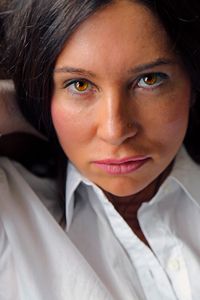
We're so psyched for Lisa Taddeo (Fiction '17) whose scintillating book, Three Women, debuted at number 1 on the New York Times bestseller list a couple weeks ago!
Lisa will be reading from the book tonight at Harvard Book Store at 7 pm. Despite being on book tour, she took the time to speak with us about the book.
How did you come up with the idea for Three Women?
I’d read Gay Talese’s Thy Neighbor’s Wife and was impressed with the immersive nature of the book but it was written from a very male perspective, so I decided it might make sense to write about female desire, from a female perspective.
How did you find the women you interviewed, and how did you decide on these three in particular? What was the process of getting their stories?
Reporting the book was different day to day. I would make lists of tenuous things to do: Posting signs in the morning, across nearly every state in the country. I would go to bars and restaurants and corner stores and talk to people, trying to find the person who would be THE person. I moved to several of the towns of both the women in the book and others who didn't make it into the book. I interviewed hundreds of people, twenty-five minutes or at length (for over a month or more). I left about twenty people out of the final cut. It was hard to do that, but Sloane, Maggie, and Lina were the most comfortable with my presence in their lives at length and across poignant moments. They let me into their minds ten times more than the next person. And, as a triad, they told the most arresting yet cohesive narrative. Finally, the way that their communities psychologically conspired against them was emblematic for me of much of America’s projection of their sexual fears onto others.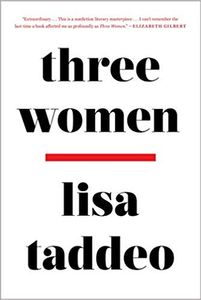
The book was written over eight years and is an amazingly intimate and exhaustive narrative. Why do you think these women were willing to open up to you? What were some of the biggest challenges you faced in writing it?
More than wanting to “get the story,” I wanted all the subjects of this book to feel heard and not used. Lina came from a very Catholic home, had no friends in whom she could confide, and merely wanted someone to listen. She had recently reconnected with her high school lover and was dying to describe every interlude because she was finally being seen and felt. Maggie wanted her version of the story heard when an entire town banded against her. Sloane, similarly, hadn't told anyone other than her best friend about her intimate life.
The instances I most loved came when I was observing them from a distance, quietly writing, taking notes, taking in the environment while not being a part of the action. For example, after Lina was intimate with Aidan in their sacred spot, I would travel there right after, to take in the smells and sounds and sights of the river at dusk. So I could best describe the milieu, so I could best layer onto what Lina had just told me.
The biggest challenge was simply finding them. It's hard to get anyone to open up about desire, especially at the level these women did; on top of that, it's hard to let someone into your life on a daily basis the way that they did.
What other books and/or works of art / literature have shaped the process of writing this book?
George Packer’s The Unwinding, the immersion of Gay Talese’s Thy Neighbor’s Wife, Joan Didion, Elena Ferrante, Tracy Kidder, Janet Malcolm, Renata Adler, the throttle of Tom Wolfe’s The Right Stuff, the empathy and humility and love of Grace Paley.
And because this is for our program blog, we'd love to know: how did the BU MFA help you?
Reading and writing fiction (under the wonderful tutelage of Leslie Epstein and Ha Jin) helped me to consider language more in my nonfiction. I never like to read nonfiction written in staid manners, and so it was beyond helpful to be in BU's amazing fiction program while I wrote what would become my first novel (out next summer) and my collection of stories and finishing this book, which I don't think would have been the same without BU.
Thank you, Lisa, and congratulations! We are so proud of you and excited for you.
Lisa Taddeo is a journalist who has contributed to New York magazine, Esquire, Elle, Glamour, and many other publications. Her nonfiction has been included in the Best American Sports Writing and Best American Political Writing anthologies, and her short stories have won two Pushcart Prizes in 2017 and 2019. She lives with her husband and daughter in Connecticut.
